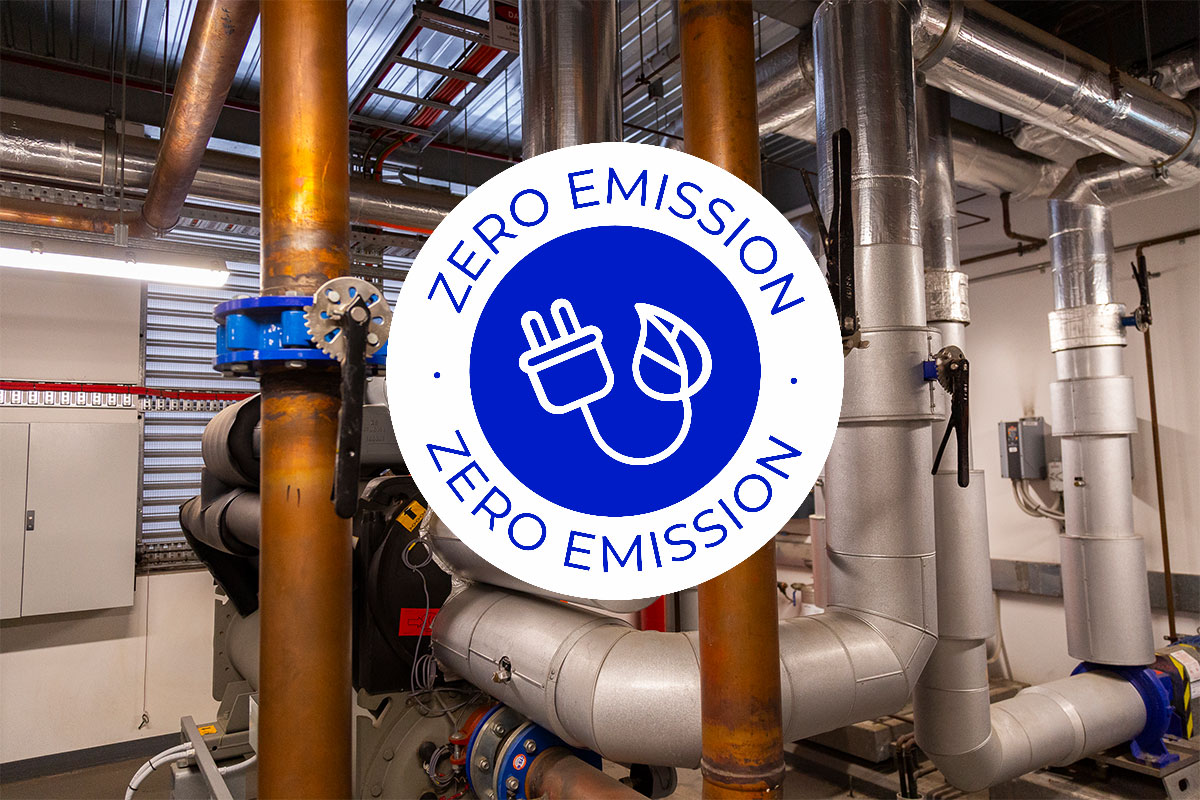
It’s no secret that product packaging (especially plastic packaging) contributes to Australia’s waste, and this in turn is a sustainability problem, and that packaging of healthcare products, clinical and nonclinical, is a significant contributor to this growing problem.
At the 2023 ANMF (Vic Branch) delegates conference, members unanimously passed a motion calling on the Branch to encourage healthcare/medical suppliers to take ownership of their part in this problem and to provide product stewardship and information about recyclability pathways for their products if not offering a take-back scheme.
The full resolution, moved and seconded by Australian Red Cross Lifeblood members Antoniette Pitt and Nicole Neill, read:
The conference requests ANMF (Vic Branch) to encourage healthcare/medical suppliers take ownership and product stewardship and provide information about recyclability pathways for their products if not offering a take-back scheme. According to health.vic.gov.au, Victorian public healthcare services could be generating as much as 52,000 tonnes of solid waste per annum by last year 2021-22. Information such as the ARL (Australasian Recycling Logo) now on our groceries should be freely/easily available to enable recycling of items that are clean and would otherwise go into general waste (not clinical or sharps). Further, as per Victorian Government recommendation, the handling of waste and recoverable resources is recommended to be included in staff onboarding. The 2023 Delegates Conference requests ANMF (Vic Branch) to encourage healthcare/medical entities to include recycling training in their onboarding process to increase uptake and understanding both at home and work.
With this motion voted up by delegates, it has now become a resolution: an official statement of intent that guides ANMF’s direction in future years.
What are we doing?
ANMF (Vic Branch) Environmental Health Officer Ros Morgan has been meeting and communicating with key stakeholders, attending waste expos and packaging summits, and advancing the issue as a topic of ministerial concern. This matter has also been raised with ANMF Federal Office for national advocacy.
Key to Ms Morgan’s approach is the Australian Packaging Covenant Organisation (APCO). APCO is the organisation charged by the Federal Government to facilitate the delivery of Australia’s packaging targets. These targets are currently under review following a 2023 agreement by state and territory environment ministers (the ministers) to introduce mandatory packaging design obligations, and to make industry responsible for the packaging they place on the market under a new regulatory scheme.
This scheme, to be in place by 2025, aims to ensure that all packaging in Australia is designed to be recovered, reused, recycled and reprocessed safely in line with circular economy principles.
The ministers also agreed to regulate-out harmful chemicals and other contaminants in packaging.
While there has been voluntary progress, Ms Morgan says greater regulation is required, and this should be inclusive of all packaging, not just supermarkets. ‘Healthcare should not be put in the too hard basket or given special exemption,’ she said.
In a letter to APCO’s sustainable packaging strategist, Ian Hayes, she writes that there is an ‘inaccurate perception that most hospital waste is clinical. While it is appropriate to recognise the significant hazardous nature of some healthcare waste, of the total amount of waste generated by healthcare activities about 85% is general, non-hazardous waste. Even in theatre, sterile stock distributed by the sterilising department has some form of packaging, commonly polypropylene blue wrap and steripeel.’
A follow-up meeting is scheduled with APCO after Easter.
A key aim for Ms Morgan is to get the Australasian Recycling Logo (ARL) included on healthcare packaging. ‘The ARL is recognised as a tool that resonates with the consumer who wants to do the right thing,’ she said. ‘This is also true of nurses, midwives and carers who are left guessing where packaging should go in a work environment that is competitive for their time and focus. Lack of clear guidance only adds to waste mis-segregation and streaming contamination.’
As part of the Branch’s advocacy, Ms Morgan will submit to the upcoming public consultation scheduled for mid-2024 and report back to delegates on progress at the 2024 delegates conference. The issue will also be addressed with the wider membership via a Planet Ark presentation at this year’s ANMF (Vic Branch) Health and Environmental Sustainability Conference, on 14 August.
She is also looking at opportunities to convey members’ wishes to those participating in an upcoming UN discussion on a global Plastics Treaty. Some negotiators are calling for an exemption of healthcare plastics in the Treaty, but Ms Morgan notes that ‘nurses, midwives and carers see the potential and hate the waste. While we may need some special consideration, we certainly do not need exemption and removal of accountability and participation – be that packaging regulation, the ARL or the global Plastics Treaty.’
Recycling practices to be provided at orientation
Ms Morgan and Acting Assistant Secretary Rachel Halse have also met with the new Victorian Sustainable Development Unit, Climate Health Victoria, to discuss options for healthcare staff orientation packages being inclusive of training in local recycling practices.
We hope to be able to update members with further developments at the Health and Environmental Sustainability Conference on 14 August.



